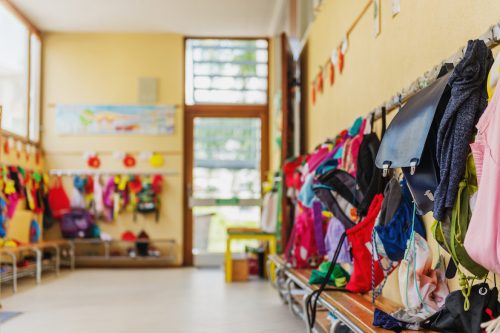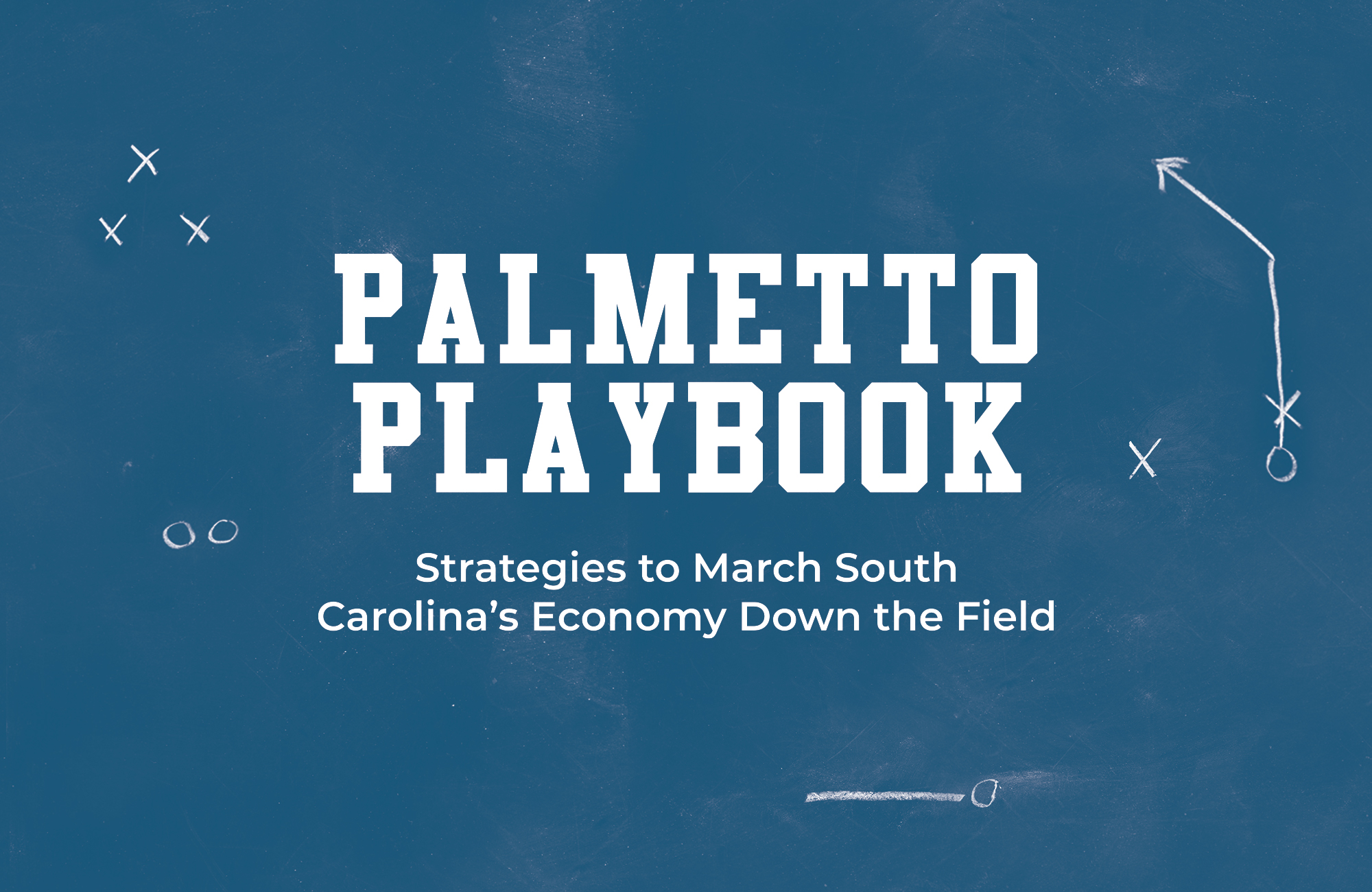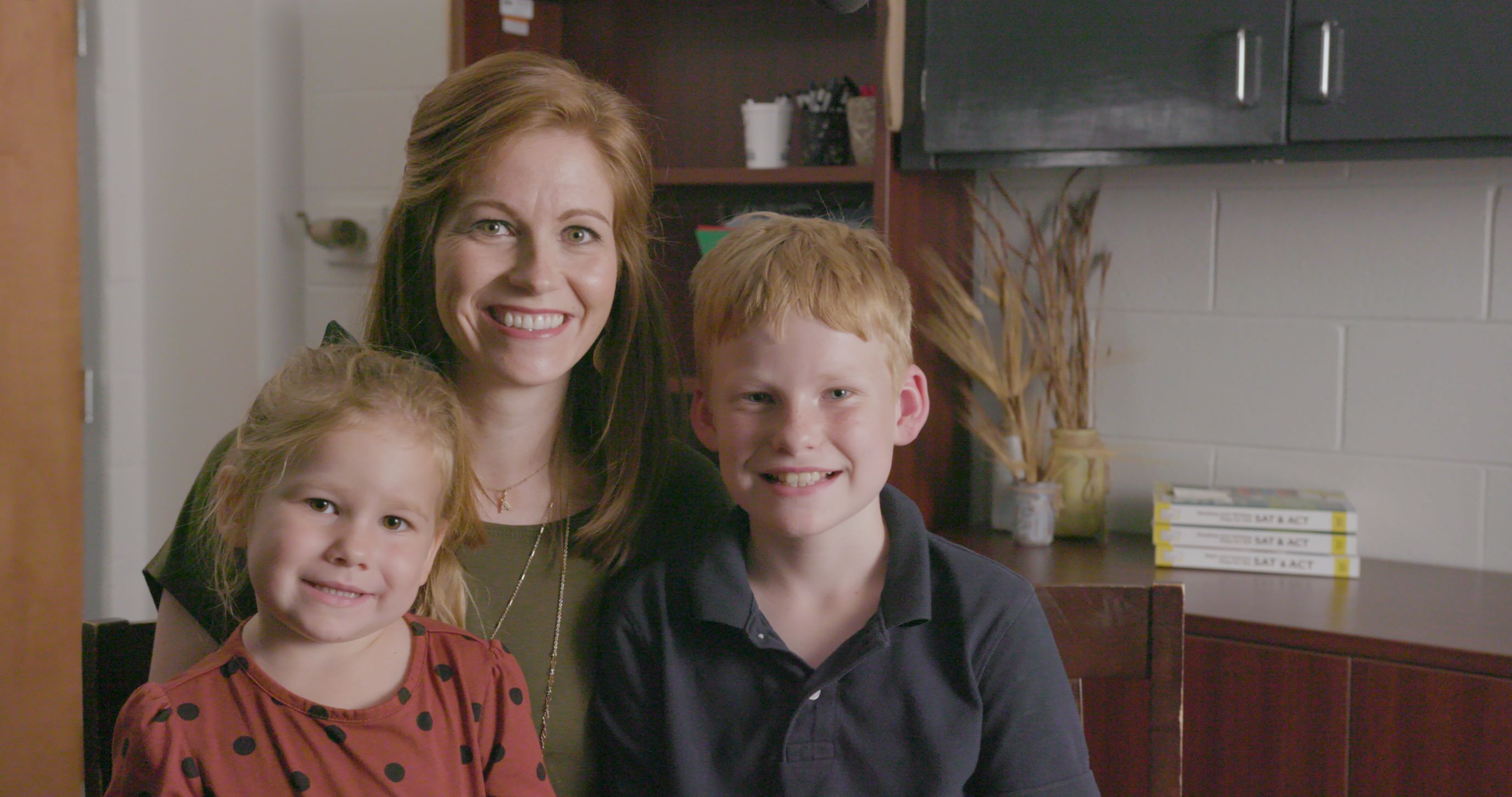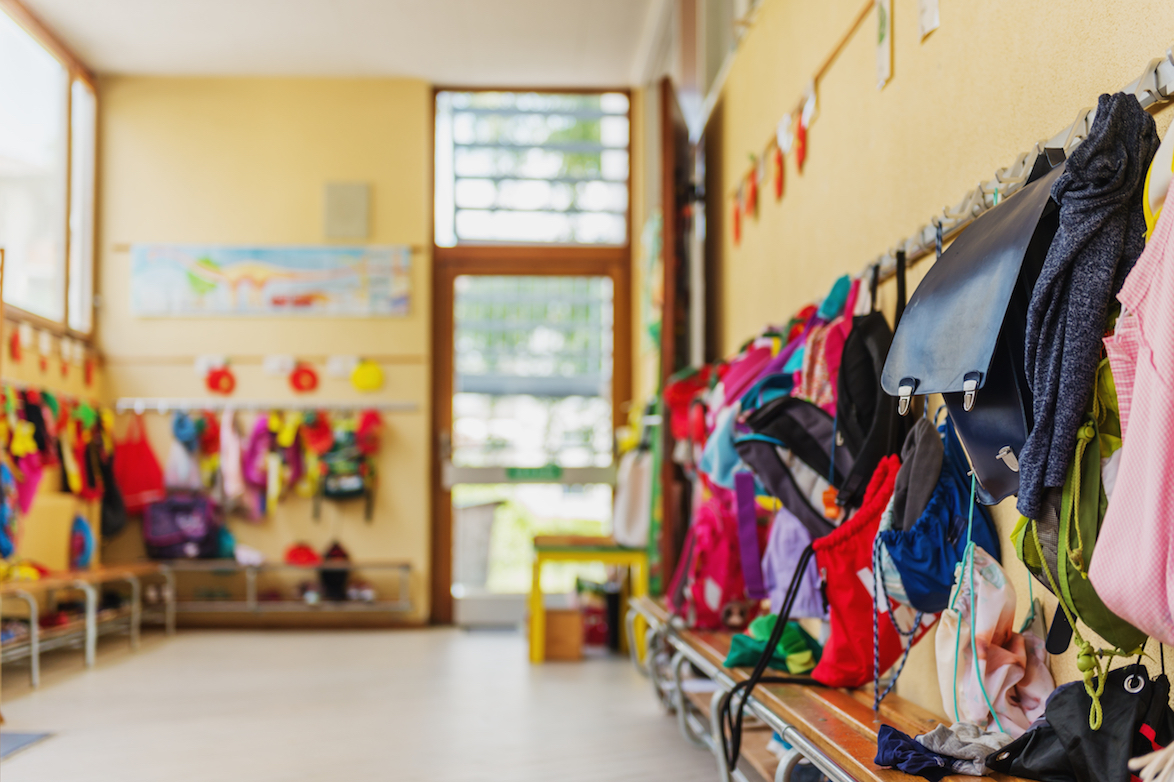Private schools in SC apply for small business loans as coronavirus threatens enrollment
Palmetto Promise polled private schools on how their operations—instructional, financial, and otherwise—have been affected by COVID-19. We released the results, paired with projections about the range of potential impacts of declining private school enrollment and possible school closures on public school budgets in a first-of-its-kind SC-specific analysis.
This survey sparked a long-overdue public conversation when earlier this week, The Greenville News reported on our analysis in the first mainstream media article on the plight of South Carolina’s independent schools.
This article originally appeared in The Greenville News and was authored by Ariel Gilreath.
At least 89 private schools across South Carolina have applied for federal small-business loans through the Paycheck Protection Program as the coronavirus pandemic leaves school leaders wondering what impact the virus will have on enrollment.
Like public schools, private schools across the state also closed their doors when Gov. Henry McMaster closed school buildings in March.
Of more than 300 private K-12 schools in South Carolina, 145 reported collective losses of about $20 million this year according to a survey from the Palmetto Promise Institute, a conservative thinktank that conducted the survey with help from several private-school associations in the state.
Spencer Jordan, director of the South Carolina Independent Schools Association, said most of that revenue decline comes from auxiliary funds related to canceled fundraisers and events, though he said some of it is also likely from families being unable to pay tuition.
“From my schools, SCISA schools, there’s only been about 5% of children who have dis-enrolled at this time,” Jordan said.
Christ Church Episcopal School in Greenville has projected about two dozen scenarios of what its fall enrollment could look like, ranging from single-percent drops to a 20% drop.
Ellen Weaver, president of the Palmetto Promise Institute, said state and local budgets could be impacted by $31 million to $100 million if students leave private schools for free, public ones next year.
For many private schools, a 20% drop in enrollment would be devastating.
“This has, for all of us, posed some financial difficulties that I know will be very difficult for some of our schools to overcome,” Jordan said. “We have quite a few schools that are very concerned that if the economy doesn’t open back up, then their school may not be in existence.”
Officials with several Upstate schools said they are not anticipating such a drastic decline, but they are budgeting for the possibility of fewer students and contributions.
Sam Barfell, superintendent of Southside Christian School in Greenville, said tuition makes up nearly 100% of the school’s budget, so officials look at enrollment numbers daily to get an idea what next year’s budget will look like.
“We track that as diligently as you would imagine when it’s your only revenue stream,” Barfell said.
The school has two additional students enrolled for the fall semester compared to last year, Barfell said, but inquiries dropped off significantly in March when schools closed.
The school had kicked off a capital projects fundraising campaign that would have gone toward a new education building and gym, but Barfell said officials decided to push that campaign back by at least a year.
“If we were to judge by the metrics right now, we would be pretty optimistic about the opening in August, but I think the summer is going to be a significant period of re-evaluation,” Kupersmith said. “Because we approach planning very conservatively, particularly financial planning, we have steeled ourselves for setbacks.”
Patti Wilusz, communication coordinator with First Presbyterian Academy in Greenville, said enrollment at the school was higher than last year in January when the re-enrollment period ended, and she said those numbers have not changed.
Wilusz said the school was in the first wave of businesses applying for the federal small business loans intended to help businesses stay afloat during the pandemic.
“We were approved very rapidly,” Wilusz said.
South Carolina received $3.8 billion out of $350 billion made available nationwide in the first round of PPP loans earlier in April before the fund quickly ran out. The loans are intended to cover a company’s payroll for eight weeks and will be forgiven if owners can prove they retained their employees during that time.
About 23,000 South Carolina businesses were able to receive loans in that first round, while the U.S. Small Business Administration opened up another round of loans Monday.




